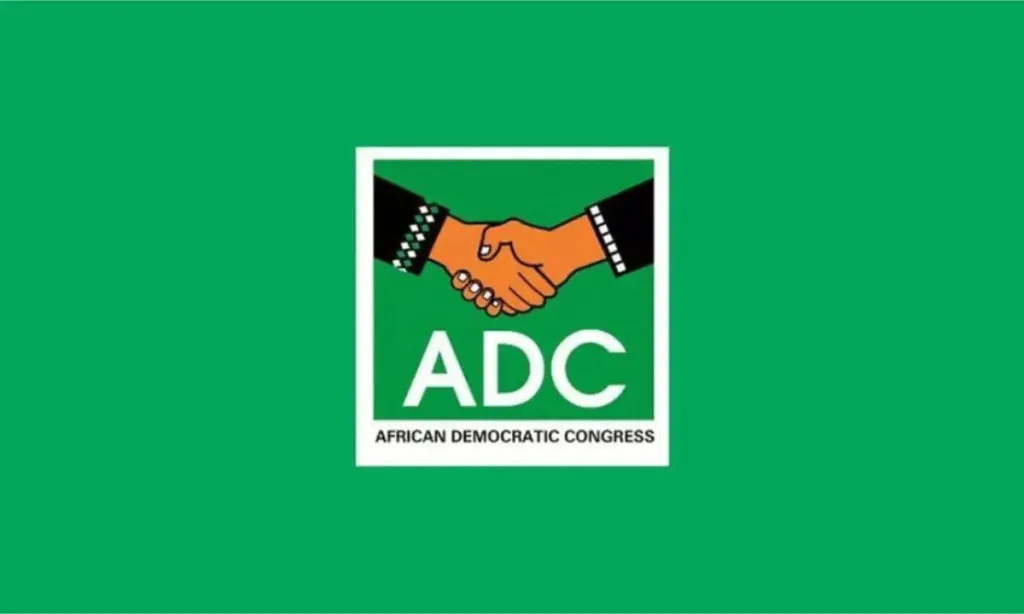A surge of high-profile political defections in Nigeria’s Adamawa State has positioned the African Democratic Congress (ADC) as an emerging powerhouse ahead of the 2027 gubernatorial elections, even as party leaders pledge to avoid internal fractures through equitable governance. Several prominent figures from the All Progressives Congress (APC) — including former candidates and senators — have recently joined the ADC, signaling a potential shift in the region’s political dynamics.
Among the new entrants are Senator Aishatu Ahmed, popularly known as Binani, who was the APC’s narrowly defeated gubernatorial candidate in 2023; her former rival, ex-Governor Jibrilla Bindow; and outspoken Senator Ishaku Abbo. They are joined by Senator Abdulazeez Nyako, a returning figure who previously revitalized the ADC’s presence in 2019 before defecting to the APC. Observers note that their collective entry sets the stage for a competitive primary season, sparking concerns over whether the ADC can manage tensions similar to those that have roiled the APC in recent years.
ADC leaders, however, assert their commitment to unity. In an interview with Media Talk Africa, Adamawa State ADC Chairman Shehu Yohanna emphasized the party’s focus on inclusivity. “Our logo is a handshake — a symbol of welcome and togetherness,” he said. “Whether you’ve been here for years or joined yesterday, everyone will have a level playing field.” Yohanna, who rose from an ordinary member to chairman since 2019, attributed the ADC’s growing appeal to its reputation for accommodating diverse ambitions.
The party’s challenge lies in balancing the aspirations of seasoned members with those of influential newcomers. Analysts draw parallels to the APC’s struggles with factionalism, particularly during primaries, where clashes between power brokers often led to public disputes. Yohanna insisted the ADC would avoid this fate by prioritizing structural fairness. “We won’t sideline existing members to please newcomers,” he stated, underscoring adherence to established party rules.
Nyako’s return adds intrigue, given his role in boosting the ADC’s profile five years ago before his APC defection. His reentry, alongside other major figures, suggests a strategic consolidation aimed at challenging the APC’s dominance. While the ADC’s growing coalition signals strength, it also raises questions about how the party will navigate competing gubernatorial ambitions. Electoral history in Nigeria shows that crowded primaries often test party cohesion, particularly when candidates command significant followings.
Political analysts suggest the ADC’s success in 2027 may hinge on its ability to institutionalize Yohanna’s pledges of impartiality. For now, the party’s leadership appears confident. “Accommodating differing views isn’t just a slogan — it’s why coalition builders trust us,” Yohanna remarked, framing the ADC as a unifying alternative in a region accustomed to partisan strife.
As Adamawa’s political landscape evolves, the ADC’s experiment in inclusive governance could offer a template for Nigeria’s broader opposition movements — if it withstands the pressures of ambition converging under one banner.
